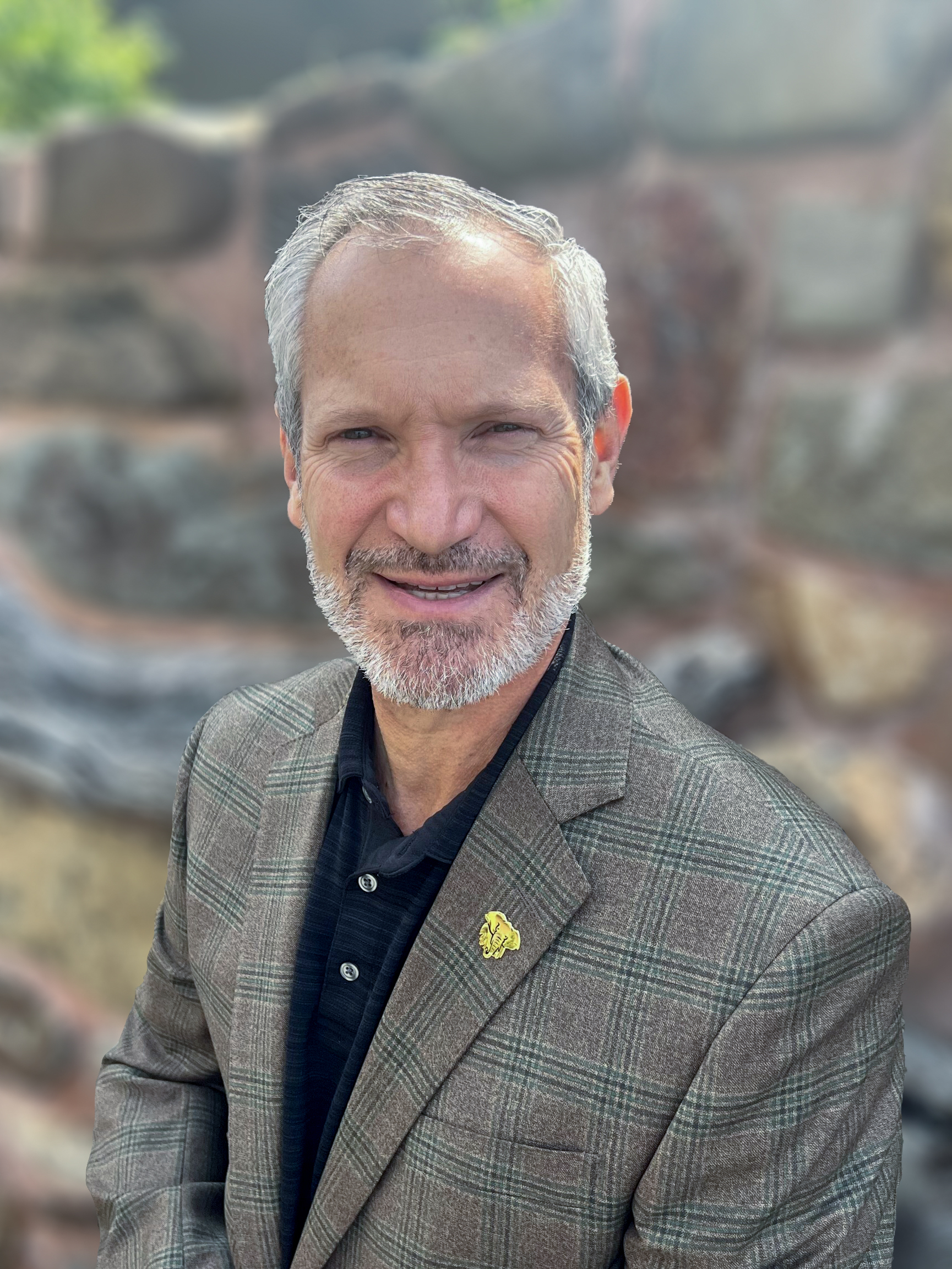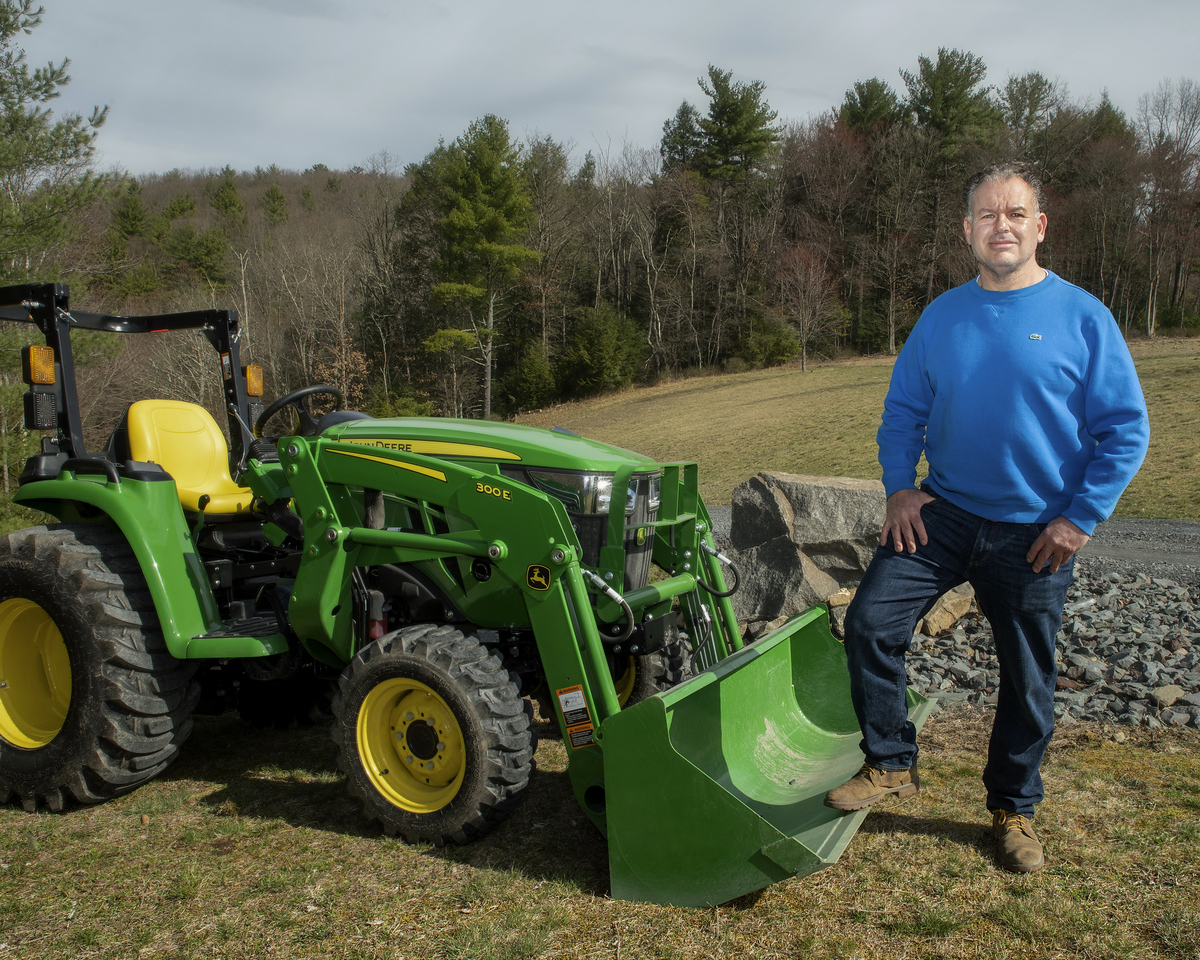News

Nobody lives forever, neither our body nor our brain. And while medical science has given us in-depth guidelines on how to keep physically young, we’re also learning more about how to keep our brains youthful.
Let us explore a variety of details surrounding the topic of how to keep the brain young as we grow older. Learn more below:
Can we keep our brain young as we age?
Yes, we can. And to a great extent, the latest national guidelines for keeping our brain youthful and healthy are quite similar to how to keep us physically healthy. So, many of these tips will sound familiar.
- Make a habit of getting regular aerobic exercise, that which increases your heart rate and breathing rates. Weightlifting to increase bone health and muscle mass are also valuable. Exercise for 30 minutes at least four days per week, but more often is better.
-
Eat a healthy diet, like the Mediterranean diet or DASH diet, which includes lean protein, low-fat dairy, lots of fresh vegetables and fruits and whole grains. Avoid too much red meat and white foods, like refined flour and sugar.
-
Avoid becoming obese. This is a national epidemic in the U.S., and in other developed countries, and leads to Diabetes and many serious problems of the body and brain that can be avoided.
-
Be socially active; take joy in interacting personally with people as often as possible.
- Stimulate your brain by doing puzzles or learning a new language or to play a musical instrument. Avoid too much TV. Also, work at a job that is cognitively challenging, one that makes you think, learn new things and solve problems. And one that will, of course, involve interactions with other people.
At what age should we start practicing these healthy behaviors?
The sooner we start, the better. Research shows that you begin to benefit from starting these healthy behaviors immediately. It’s never too late to begin; even people in their 80s reap the benefits of these practices.
Many progressive employers offer wellness classes, information, activities and facilities to keep their employees healthy. St. Luke’s has fitness centers in many locations throughout the Lehigh Valley, staffed by exercise specialists and trainers who provide advice and motivation to people working out there. The group dynamic is an added benefit, as it keeps people interacting while they do cardio and weightlifting workouts.
Is memory loss normal as we age?
For years, memory loss was accepted as a normal part of aging. But, it’s not normal at any age. I’m not talking about just forgetting where you placed your keys occasionally or struggling to remember someone’s name but doing this frequently and without explanation. That can be a cause for alarm about what’s happening in the brain. Frequent bouts of forgetfulness could be an early sign of a serious emerging brain problem.
A 30-year study of patients with Alzheimer’s disease showed that what happens in the brain can have subtle signs 10-15 years before Alzheimer’s is diagnosed. So, by the time a family member or friend notices symptoms of memory deficits in a person, the disease has progressed significantly. That’s why even the slightest signs of chronic memory problems should be checked out by a physician.
On the other hand, it’s normal for our ability to process information, and our attention spans, to begin to decrease as we age. So, doing puzzles, learning new things and being sociable are useful activities for maintaining these brain activities.
Is there a drug or drugs that can prevent or reverse aging of the brain?
Sadly, there is no pill or powder, no ‘magic bullet’ that can do this yet, though research is still looking. In fact, the last FDA-approved for treating symptoms of Alzheimer’s is 20 years old. In the past 10 years, pharmaceutical companies have invested more than $20 billion in Alzheimer’s research without a single product coming to market.
That’s why it’s important to exercise, eat well, socialize and challenge yourself cognitively to keep your brain young. Changing behavior is always challenging, but in this case, the payoff is undeniable. Research over 30 years shows conclusively that these behaviors do reduce or slow the chances of developing Alzheimer’s and dementia.
What are the chances of developing Alzheimer’s or dementia over a lifetime?
Statistically, you have a 25 percent chance of developing dementia or Alzheimer’s disease after the age of 80. We don’t know why or how, though Alzheimer’s has been linked to the accumulation of certain protein deposits in the brain.
Genetics, environmental toxins, the interactions of certain medicines and certain illnesses surely play a role in the aging of the brain and development of Alzheimer’s or Alzheimer’s-like symptoms. But research hasn’t been able to find out for sure what causes Alzheimer’s and dementia and how to cure it, despite investing hundreds of billions of dollars in this pursuit over the past 20 years.
If I’m having memory problems, should I take nutritional supplements?
The American Academy of Neurology studied supplements to prevent delayed cognitive decline and found none to be effective. This billion-dollar industry appeals to the aging Baby Boomers, but “let the buyer beware.”
Keep in mind, these substances are not approved by the FDA, meaning they haven’t gone through the rigorous multiple stages of research that are required to receive this approval. Not only are they not beneficial, but some of them can cause serious harm due to toxicity and interactions with prescribed medicines.


